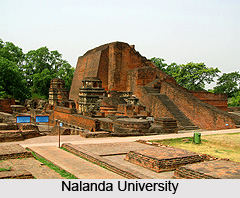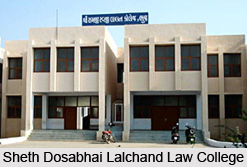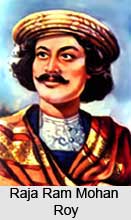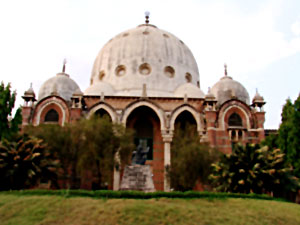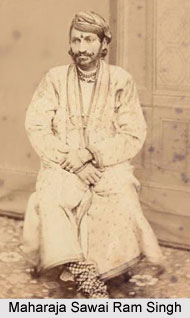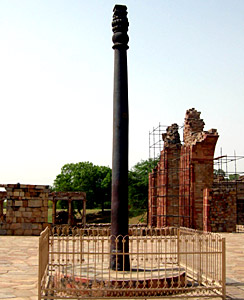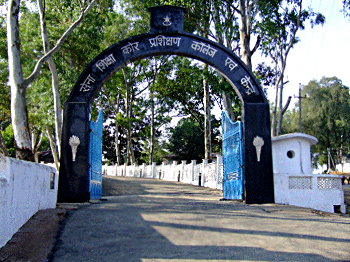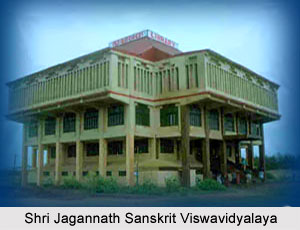 Shri Jagannath Sanskrit Viswavidyalaya was established by the then Chief Minister of Orissa Janaki Ballabh Pattanayak. The foundation was laid on 7th July1981 at a spot of Mouza Balukhand. Professor Prahallad Pradhan , the founder Vice Chancellor of the Vishvavidyalaya proposed the vote of thanks.
Shri Jagannath Sanskrit Viswavidyalaya was established by the then Chief Minister of Orissa Janaki Ballabh Pattanayak. The foundation was laid on 7th July1981 at a spot of Mouza Balukhand. Professor Prahallad Pradhan , the founder Vice Chancellor of the Vishvavidyalaya proposed the vote of thanks.
Shri Jagannath Sanskrit Vishvavidyalaya is named after the premier deity of Lord Jagannath. It is the third Sanskrit university of the country. Its office started functioning on 14th August 1981 in the annexe to the Raj Bhavan , Puri with its founder Kulapati Prof. Prahallad Pradhan and kulasachiva Prof. Trilochan Mishra. Provision was made through an ordinance for the appointment of the university statutory bodies like Adhisad (Syndicate), the Samsad (Senate) and the Vidya Parishad (Academic Council) through the nomination by the Kuladhipati (Chancellor). Post Graduate classes in six departments: Sahitya , Vyakarana , Dharmashastra , Sarvdarshan , Nyaya and Advaita Vedanta were inaugurated in rented building.
After establishment of Sanskrit Vishvavidyalaya, 142 Sanskrit institutions of the state including 5 Mahavidyalayas and 137 Vidyalayas, Pathasalas and Tools offering Prathama, Madhyama, Upashastri, Shastri and Acharya courses came under this Vishvavidyalaya.
Objective of Shri Jagannath Sanskrit Viswavidyalaya
Its establishment has helped to revive the glorious ancient traditions of Orissa in the field of Sanskrit language. The university has dedicated itself to the cause of reserving and promoting studies and research in Sanskrit. It functions as an apex body for propagation and development of Sanskrit and assists the Ministry of Human Resource Development in formulating and implementing various plans and schemes for the development of Sanskrit studies.
The Vishvavidyalaya has a glorious record in the field of research in Sanskrit. Besides the academic achievements, the Vishvavidyalaya has seen a lot of infrastructural developments.
Departments of Shri Jagannath Sanskrit Viswavidyalaya
Dharmashastra, Nyaya, Sahitya , Vyakarana , Sarvdarshan , Advaita Vedanta, Jyotirvigyan, Physical Education and Computer Education.
Courses offered at Shri Jagannath Sanskrit Viswavidyalaya
* Bachelor of Art in Sanskrit
* Bachelor of Education in Shastri
* Master of Arts in Sanskrit
* Master of Education in Shiksha Shastri
* Master of Education in Shiksha Acharya
* Master of Philosophy in Vishistacharya
* Doctor of Philosophy in Vidya Varidhi
* Doctor of Philosophy in Vidya Vachaspati
* Diploma in Sanskrit
